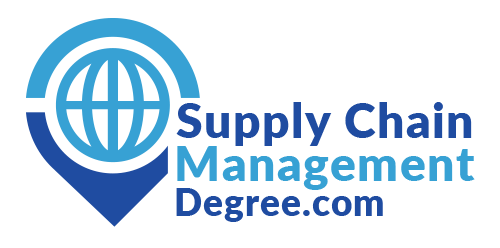
Unlocking Efficiency: Exploring Lean Six Sigma in Supply Chain Management Programs
Efficiency and effectiveness are the cornerstones of successful supply chain management (SCM). In recent years, the integration of Lean Six Sigma principles into SCM programs has gained momentum as organizations seek to optimize processes, reduce waste, and enhance overall performance. In this blog post, we’ll delve into the principles of Lean Six Sigma and explore how its application is transforming supply chain management education.
Understanding Lean Six Sigma
Lean Six Sigma is a methodology that combines principles from Lean manufacturing and Six Sigma to improve operational efficiency, quality, and customer satisfaction. Lean focuses on eliminating waste and maximizing value-added activities, while Six Sigma aims to reduce variation and defects in processes. Together, these methodologies provide a powerful framework for process improvement and performance optimization across the supply chain.
Integration into Supply Chain Management Programs
Incorporating Lean Six Sigma principles into SCM programs enables students to develop a comprehensive understanding of process optimization and continuous improvement methodologies. Curricula include coursework on Lean Six Sigma concepts such as value stream mapping, process flow optimization, root cause analysis, statistical process control, and DMAIC (Define, Measure, Analyze, Improve, Control) methodology. Hands-on projects and case studies allow students to apply Lean Six Sigma tools and techniques to real-world supply chain challenges.
Benefits of Lean Six Sigma in SCM Education
Improved Efficiency: By applying Lean Six Sigma principles, students learn how to identify and eliminate waste in supply chain processes, leading to improved efficiency, reduced lead times, and enhanced productivity.
Enhanced Quality: Through Six Sigma methodologies, students gain the skills to identify and address variations and defects in supply chain operations, resulting in higher quality products and services and improved customer satisfaction.
Cost Reduction: Lean Six Sigma helps students identify opportunities for cost reduction by streamlining processes, reducing inventory levels, and minimizing defects and rework.
Customer Focus: By emphasizing customer requirements and satisfaction, Lean Six Sigma enables students to align supply chain processes with customer needs, preferences, and expectations.
Continuous Improvement Culture: SCM programs that integrate Lean Six Sigma foster a culture of continuous improvement, empowering students to drive innovation and efficiency throughout their careers.
The integration of Lean Six Sigma principles into supply chain management programs is transforming the way students approach process optimization and performance improvement. By equipping students with the knowledge and skills to apply Lean Six Sigma methodologies, educational institutions are preparing future supply chain professionals to drive efficiency, quality, and customer satisfaction in the dynamic and competitive global marketplace. As organizations increasingly recognize the value of Lean Six Sigma in SCM, supply chain management programs play a pivotal role in shaping the next generation of Lean Six Sigma practitioners and leaders.


